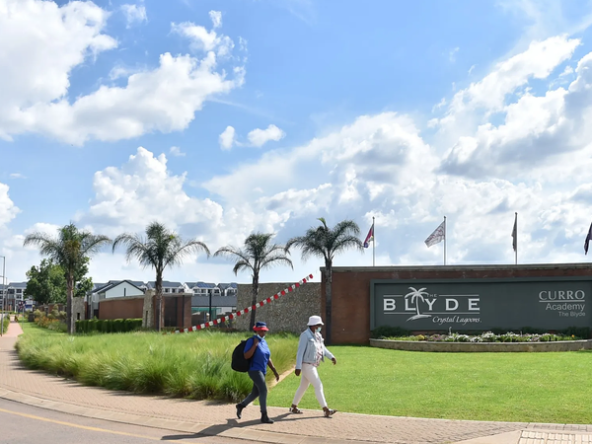By Kanyane Matlou
After half a decade in the doldrums, South African (SA) listed property appears to have finally turned a corner, with year to date (28.9%) and one year (55.0%) returns outstripping those of other domestic asset classes.
The positive sentiment post-Government of National Unity has played a major role, but so too has the improvement in sector fundamentals as reflected by the recent reporting season. As we cast our eye over the medium term, we still see selective opportunities in the sector despite the recent strong performance, but also some stocks where the risk-reward skew is less compelling.
Of the major SA property sub-sectors, modern logistics space has the most attractive underlying fundamentals. Ongoing supply chain optimisation by the country’s largest retailers and growth in e-commerce off a low base, present a solid demand underpin for best-in-class warehousing. Simultaneously, there is a clear shortage of supply in new warehouse space in the major metropoles given land scarcity and elevated construction costs.
Equites Property Fund: positioned to thrive in favourable conditions
-
Bulls&Bears: Financial frontiers: gold’s safe haven status, Nepi’s triumph, and BHP’s acquisition buzz
-
Are the traditional South African insurers about to disrupt the retail banking market?
-
Navigating the resource market: China’s stimulus and global impacts
-
Gold prices breach all-time high but a strong case for a weaker commodity persists
-
SA fund managers inclined towards resources as consumer sector fades
We believe the Equites Property Fund is best placed to capitalise on current market dynamics, given the high quality of its SA portfolio (reflected by consistent near-zero vacancies), complemented by an astute management team. We see the current earnings base as undemanding and ripe for sustained growth over the medium term. Additionally, management is implementing an orderly rationalisation of the UK business, with the balance sheet poised to strengthen in the process. As a result, we believe that the company is likely to deliver earnings growth ahead of peers over the medium term, with the valuation not fully discounting these prospects.
Fortress: A shift towards logistics
Fortress is another counter with a healthy exposure to the logistics sector. In recent years, the company’s management undertook to rotate out of offices and old industrial assets and into scaling up their logistics developments. They have delivered well on this front. However, following the positive resolution of its dual-share structure earlier this year, the share has rerated meaningfully and now appears fully valued. It will be a tall order for management to deliver earnings growth performance to justify the company’s current rating. We assess the margin of safety to be on the thin side.
Attacq’s retail edge
The upcoming SA cyclical upswing is likely to find expression in much improved consumer discretionary spend on the back of lower fuel prices, falling interest rates as well as two-pot withdrawals. While the flow-through to rental uplift for retail landlords will not be immediate, we expect there to be a benefit in turnover rentals and renewal growth down the line. We see Attacq as best placed to capture this dynamic, owing to its high-quality retail exposure and its ownership of the Waterfall precinct The freshness of its relatively young portfolio puts the decaying infrastructure around Gauteng to shame.
Growthpoint: Navigating headwinds
Meanwhile, we expect the office sub-sector to lag the recovery in the other sub-sectors as structural headwinds from hybrid work counter the cyclical tailwinds. With large office exposure, especially to the oversupplied Sandton node, and reduced agility we anticipate Growthpoint to lag its peers in the coming phase of the cycle. Additionally, outside SA, the company’s offshore investments have detracted from the investment case. Despite the onset of global monetary policy easing, staggered refinancing profiles in investee companies Globalworth and Growthpoint Australia (GOZ) will present some headwinds to earnings over the coming year.
Kanyane Matlou is a senior portfolio manager for listed property at Terebinth Capital, part of the PPS Defensive Fund investment team.
BUSINESS REPORT


